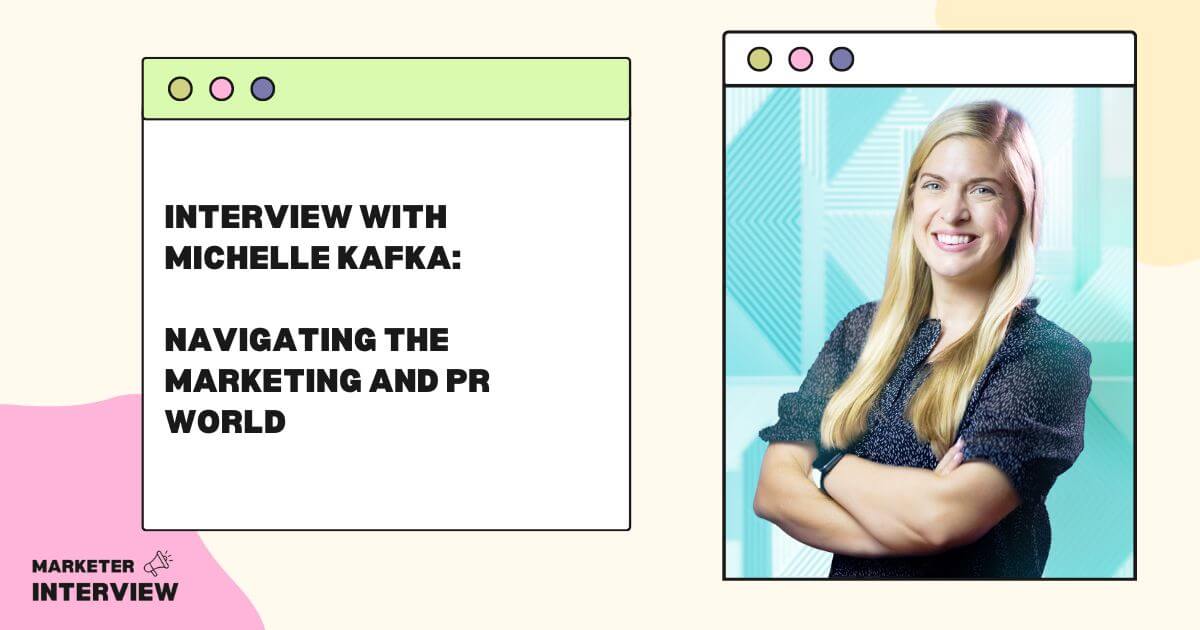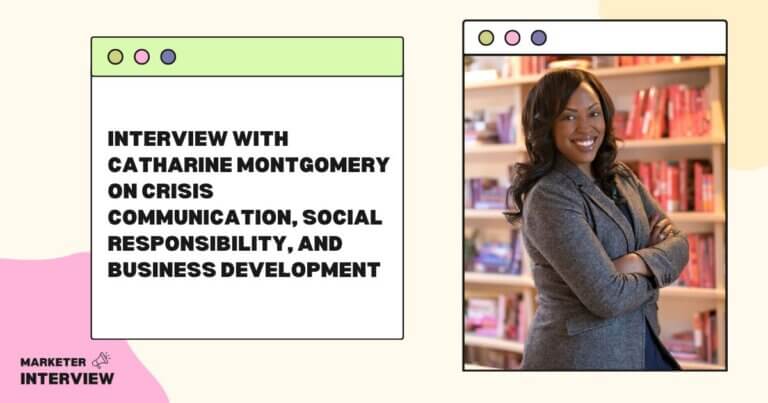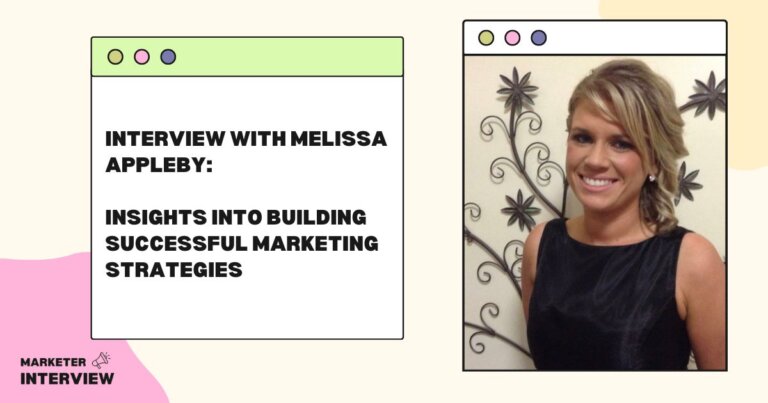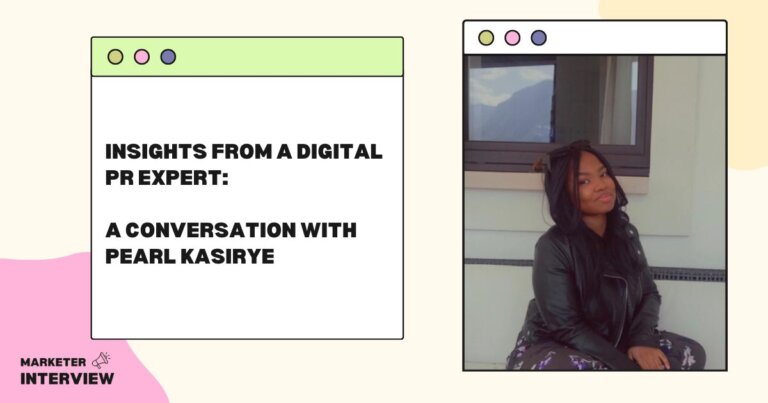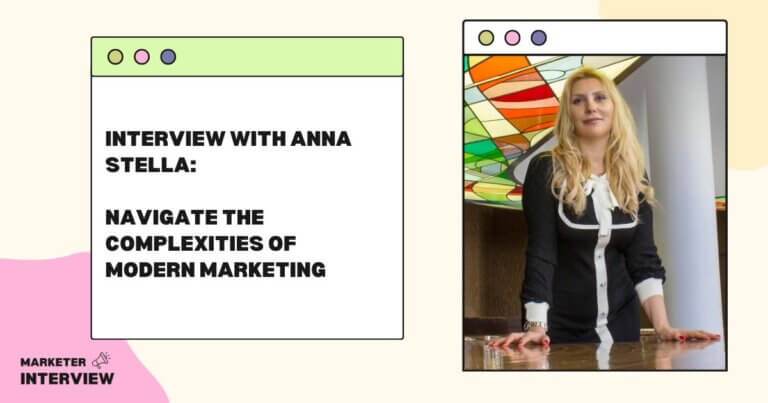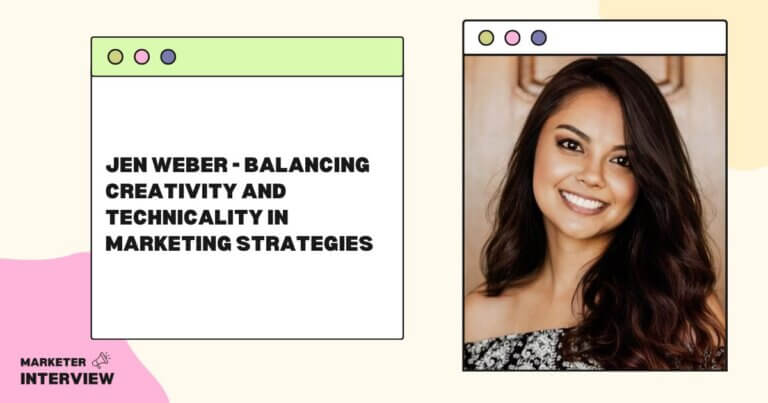Interview with Michelle Kafka: Navigating the Marketing and PR World
In this interview, Michelle Kafka, COO and Account Director at Kafka Media Group, shares her marketing and public relations journey.
She discusses strategies for developing and executing effective content marketing, building thought leadership within an industry, and managing successful media relations campaigns.
She also mentions some of the challenges facing the PR industry today and how she sees the industry evolving in the next few years.
Let’s dive in!
Contents
- 1 Can you tell us about your journey into marketing and public relations?
- 2 What led you to pursue this field, and what have been some of the biggest challenges and successes along the way?
- 3 What are your primary responsibilities as the COO and Account Director at Kafka Media Group?
- 4 Content marketing has become increasingly important in recent years?
- 5 What are some critical strategies for building thought leadership within an industry?
- 6 Can you walk us through a recent successful media relations campaign you managed?
- 7 What are some of the biggest challenges facing the PR industry today?
- 8 How do you manage client relationships, particularly in difficult situations or crises?
- 9 Can you discuss your data analysis and reporting approach in your role as Account Director?
- 10 How do you stay current with the latest marketing and PR trends and developments?
- 11 Finally, what advice would you give someone just starting marketing and PR?
Can you tell us about your journey into marketing and public relations?
My grandfather worked for NASA and communicated with the media regarding launch updates, progress reports, etc.
When I went to college, I knew I wanted to do similar work to what he did, but I wasn’t sure if that was publishing journalism or something else.
I applied for some internships and received an offer at a magazine and one at a public relations firm. So I decided to take the public relations firm position and loved everything I did there.
What led you to pursue this field, and what have been some of the biggest challenges and successes along the way?
After my initial internship, I was interested in learning more. That led to my first job, where I was media training pro athletes, pitching and getting coverage for really cool products, and being mentored by some amazing professionals.
It showed me I was in the right industry for my skill set. I’ve dealt with some challenges in crisis comms where clients or businesses have ended up in the wrong place at the wrong time. However, that’s also become some of my greatest successes in helping them navigate communication and messaging.
What are your primary responsibilities as the COO and Account Director at Kafka Media Group?
My primary responsibilities are brainstorming and coordinating strategy for our accounts, working with the team to ensure our client coverage maintains a high bar, and staying current on industry trends and journalists.
Balancing leadership and staying on top of trends are about having a great team to support our clients.
Content marketing has become increasingly important in recent years?
Content marketing is a great way to develop relationships and be a trusted resource for a client’s target audience. Understanding the audience you are creating content for is very important to the success of content marketing.
Once you understand the audience, the content is for, and what they are interested in reading and engaging with, you can develop a content strategy and calendar.
Like a website blog, content marketing should always be high-quality, informational, informative, and engaging.
For content marketing to succeed, you have to offer your audience genuine value through the content. Content created without intention will not have the impact you desire.
What are some critical strategies for building thought leadership within an industry?
Thought leadership is a great way to establish an organization or individual as an authority in their respective industry. In addition, being at the forefront of important industry conversations is a credibility-builder.
The public is more likely to see you as a trustworthy source of information and, in turn, trust your service, product, idea, campaign, expertise, etc.
To begin participating in thought leadership, you must stay tuned and on top of the conversations happening in a particular vertical.
Reading industry/non-industry news articles and monitoring social media platforms like LinkedIn and Twitter to see what conversations are happening are good ways to start tuning in to meaningful conversations.
It also is beneficial to stay tapped into national news and trending conversations and consider how those conversations are relevant or can affect your industry.
Once you are familiar with and comfortable using your expertise to join a meaningful conversation, you can begin speaking and giving your expert opinion to journalists or on social media.
Tracking metrics such as website traffic, social media engagement, and lead generation can be good ways to help measure the impact of thought leadership.
Can you walk us through a recent successful media relations campaign you managed?
One of our clients, Victory Productions – a full-service entertainment company specializing in concert promotions, live theatre production, and special events – recently put on a display of Rock of Ages in the Orlando Area.
It was their first major production with a local theatre in Orlando. New to the Orlando theatre scene, Victory Productions wanted to engage with the local theatre community and create buzz among the public who might not frequent live theatre.
We coordinated for Victory to engage in a strategy to target social media influencers who lived in Orlando and posted Orlando-specific lifestyle content, such as things to do/places to eat in Orlando.
They also engaged with influencers based in Orlando whose content centered around the theatre and other local attractions that tourists or visitors might enjoy.
These influencers were pivotal for engaging both local audiences interested in performing arts and a more general Orlando audience interested in new and exciting things to do around town.
The strategic hyper-local influencer relations led many influencers to attend the press night and post reviews. As a result, Rock of Ages was one of the best-performing shows in ticket sales that Victory Production has put on, and it ended up being extended by two weeks.
There was a lot of positive feedback from the community about the show, and we were happy we could help reach more people to support it.
What are some of the biggest challenges facing the PR industry today?
PR is a rapidly evolving industry, and it always has been. Therefore, PR professionals must always check in to ensure their practices are up to date.
The rise of AI and platforms like ChatGPT are changing how we do things in almost every industry. A challenge for PR and marketing pros in the next few years is integrating AI into operations and figuring out how it will best fit and assist PR professionals.
Many PR pros are wary of automation and how extensive its use will be in the industry. Nevertheless, it will be a helpful tool and a jumping-off point for many PR tasks.
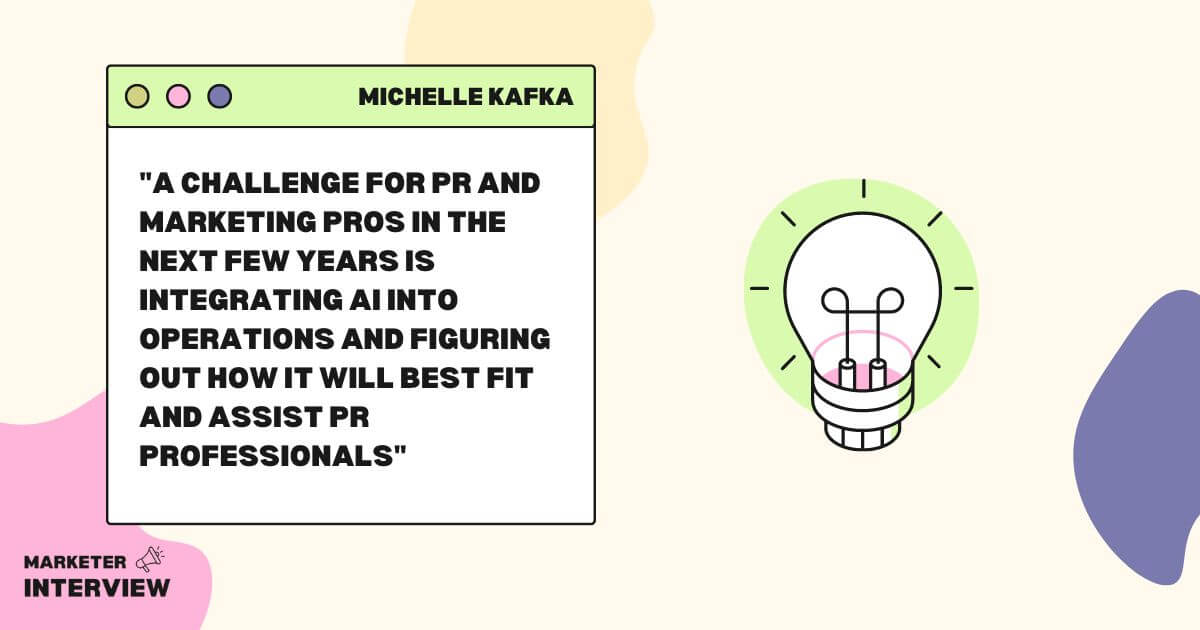
How do you manage client relationships, particularly in difficult situations or crises?
It is always essential to have an open and honest line of communication with clients while at the same time setting appropriate boundaries.
Difficult situations or crises can often feel amplified and emotional to the client that is experiencing them. As a PR professional, you must be a level-headed and honest guide through difficult situations.
An impartial third party monitoring a pr/marketing crisis can help navigate and make tough decisions.
Can you discuss your data analysis and reporting approach in your role as Account Director?
We use a variety of platforms to focus on data analysis and reporting. It’s essential not to put all our eggs in one basket regarding analytics.
We work with MuckRack, Meltwater, and other reporting platforms.
How do you stay current with the latest marketing and PR trends and developments?
I keep current on the latest PR trends and developments by reading news from PR industry outlets and subscribing to specific newsletters.
Newsletters are a great way to skim trending topics. Then, when I have extra time, I can do my deep dive.
I like the Daily PR Brief newsletter. They usually have a good roundup of current PR headlines.

Finally, what advice would you give someone just starting marketing and PR?
For someone just starting in marketing and PR, be open to working in any vertical where you find a team fit. For example, coming out of school, you may think you want to work in hospitality, fashion, and technology, but if you find a good company fit, that’s the most important.
Regarding skills and traits for PR, you must be organized, proactive, and a good communicator with your supervisor.
Jumping into your first role will be different depending on if you’re at an agency or in-house but regardless, you need to know how to help your supervisor help you.
